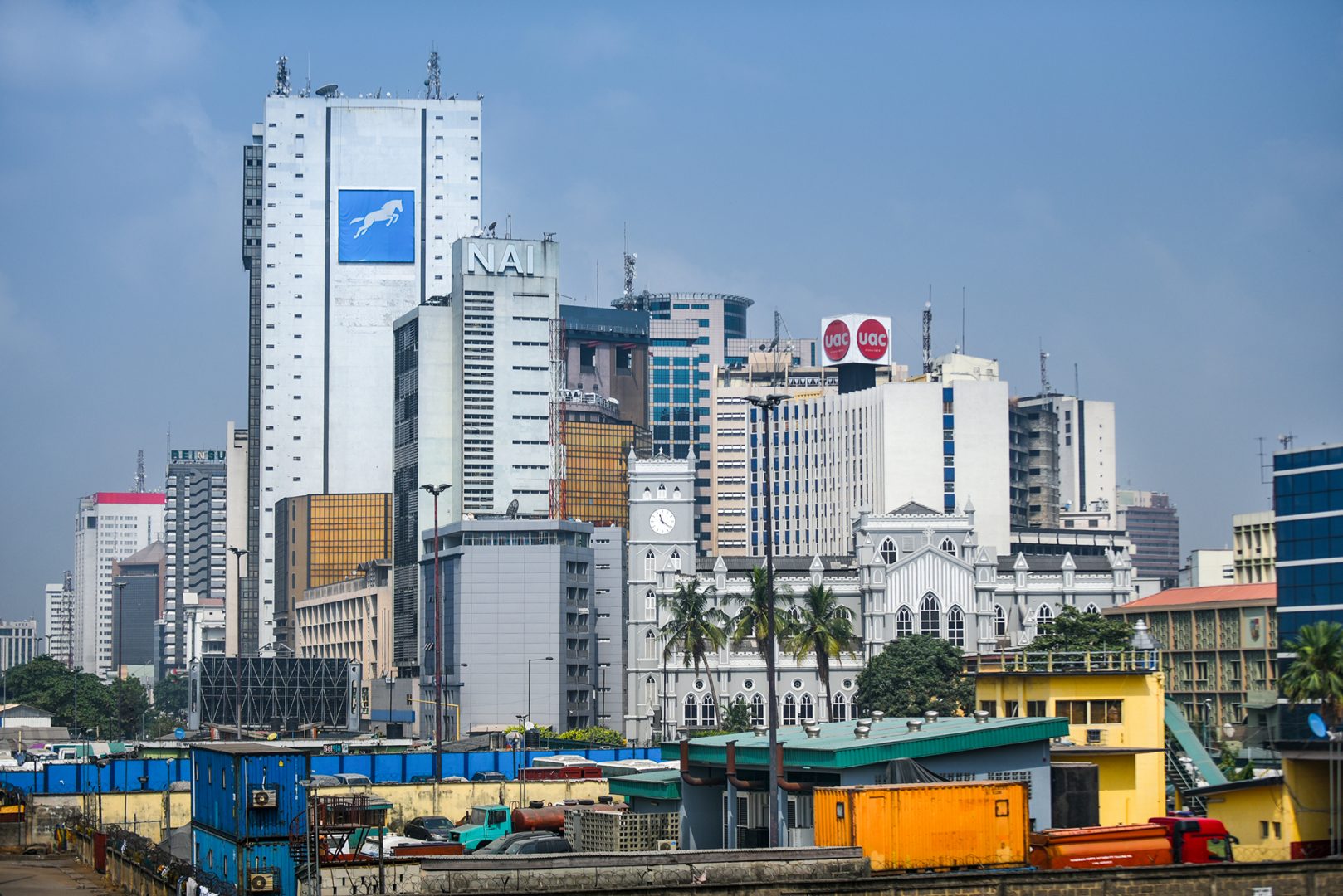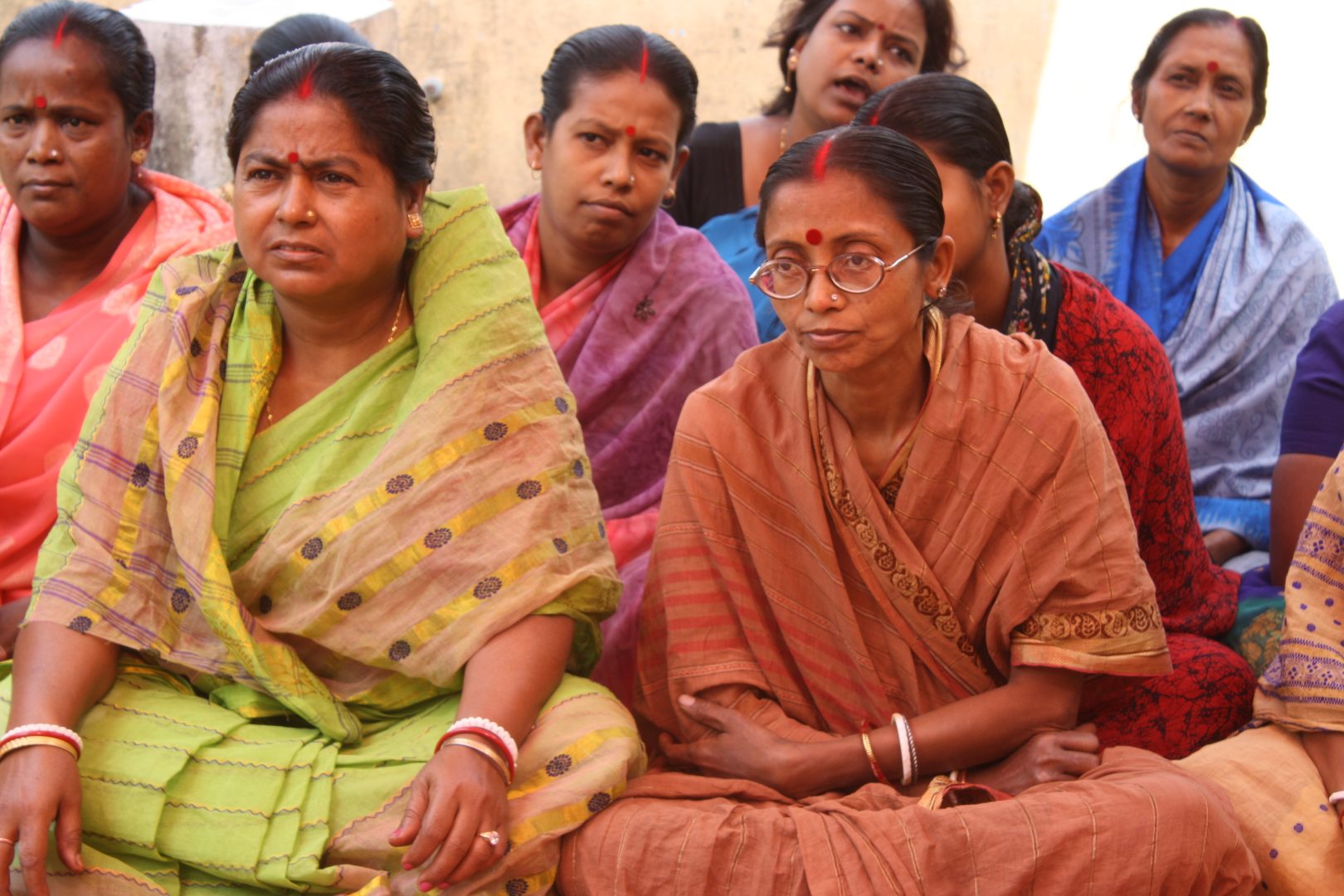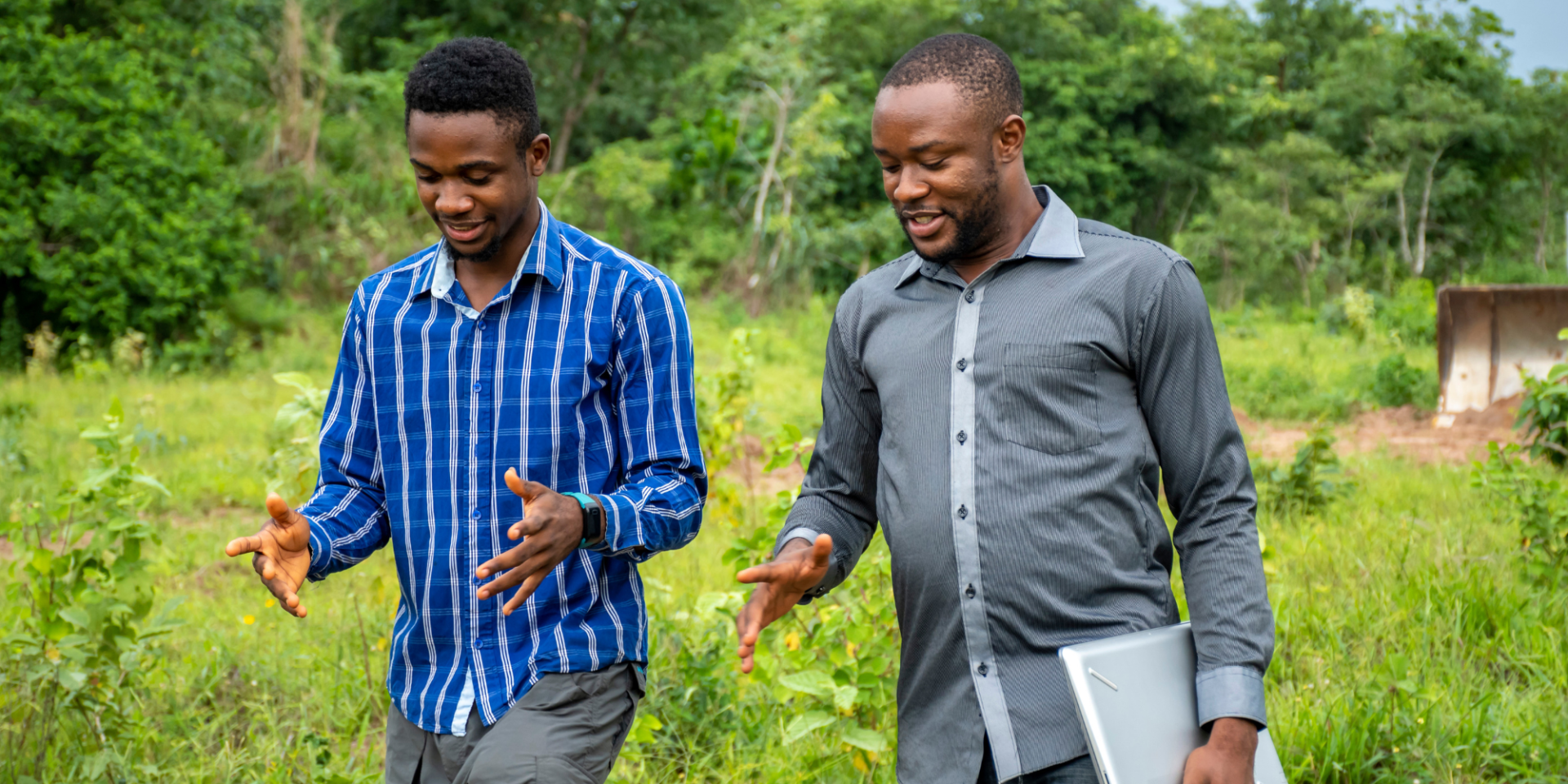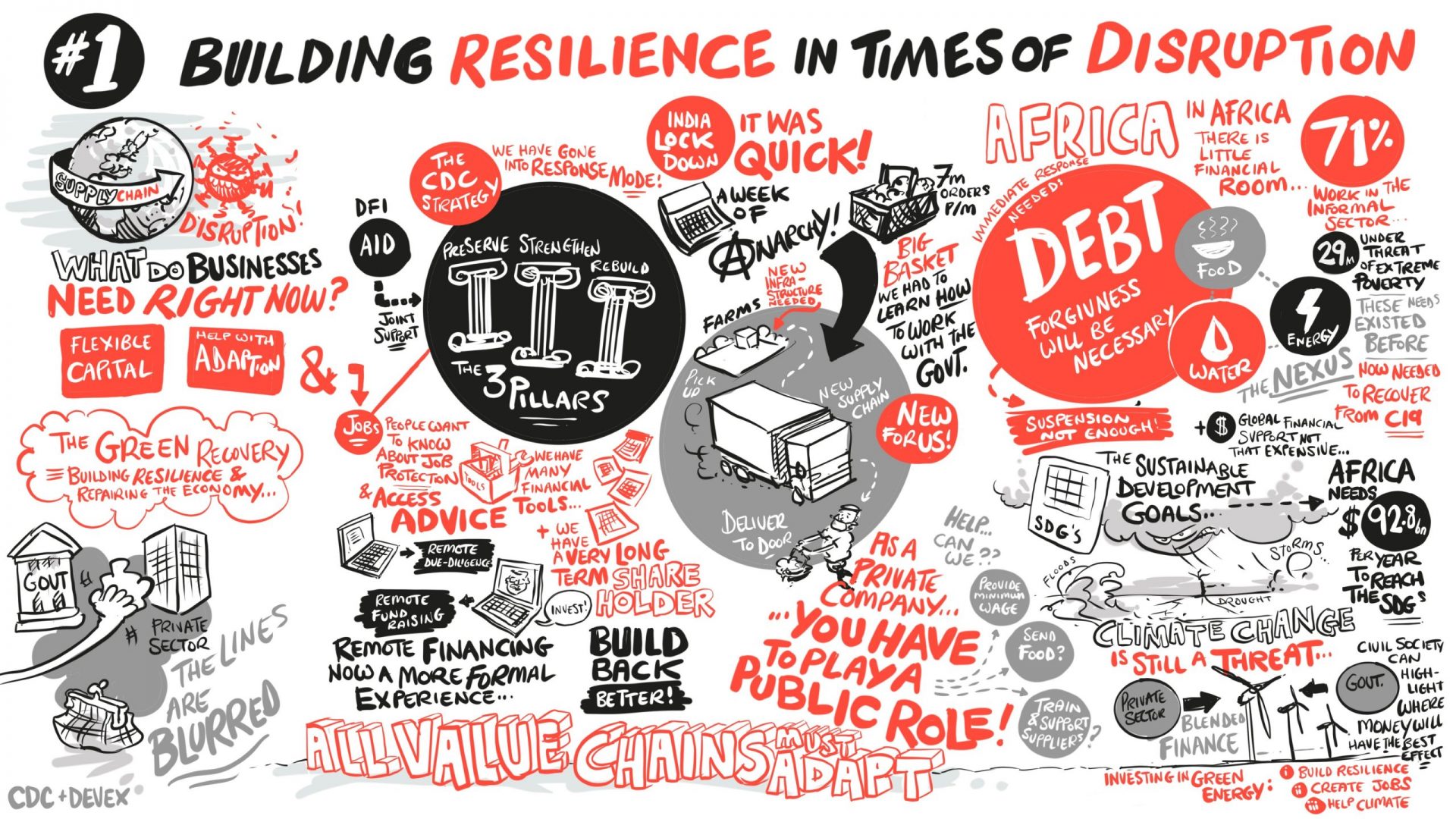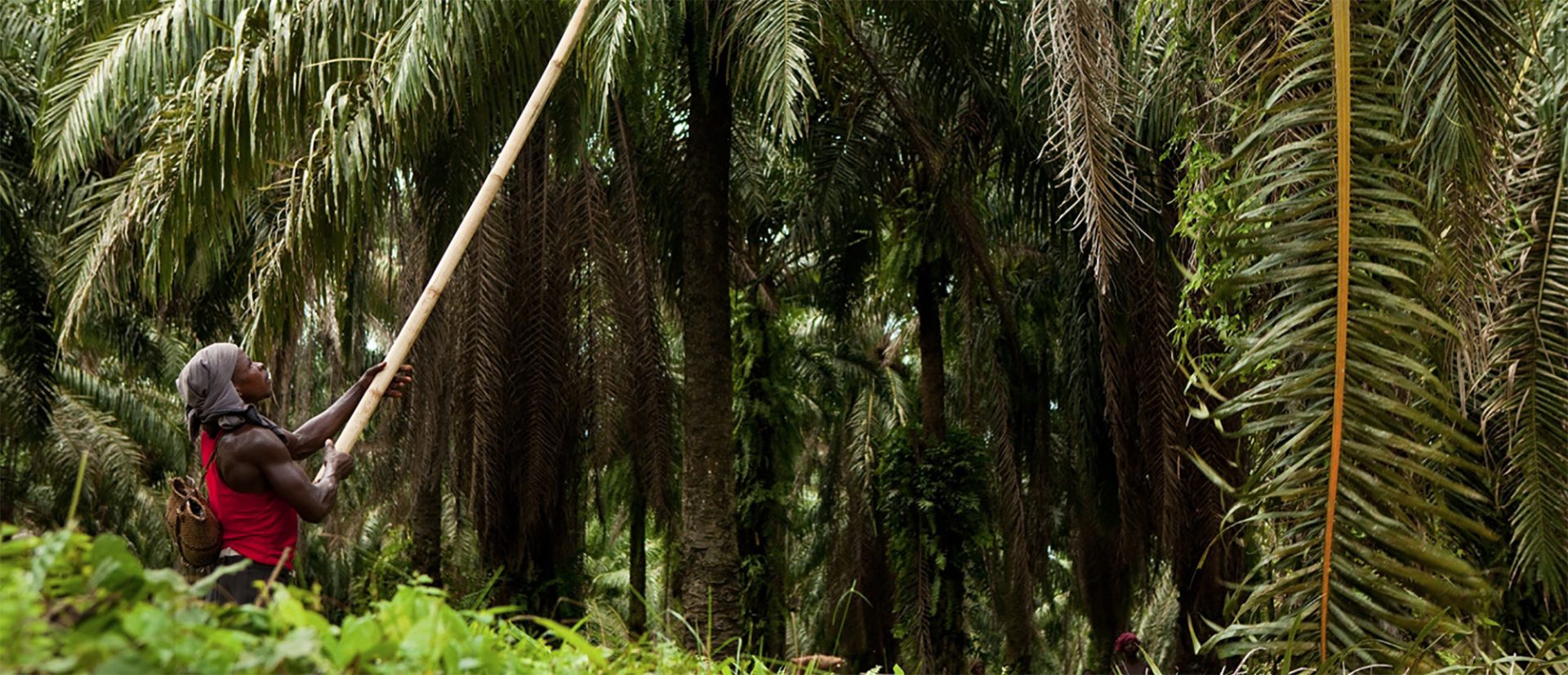Viewed within the broader continent, Egypt is the third most populous country and has one of the largest economies,but has suffered from nearly a decade of underinvestment following the Arab Spring.
We have invested in Egypt since 2003 and currently support 20 companies across the country which collectively employ over 9,000 people. Strengthening our focus on Egypt is key to our ambition to invest £3.5 billion in Africa by 2022. The country is an entrepreneurial hub within Africa, and this potential for innovation and growth can benefit not only Egyptians but the surrounding region.
The Arab Spring in 2010 brought economic uncertainty and caused commercial investors to step back from investing in Egypt. While some have returned, many still view it as a risky market and so investment has not returned to previous levels. A series of major reforms over the last few years, including the 2016 flotation of the Egyptian pound, has contributed to an improved business environment which has started to attract foreign direct investment back to the country.
We have been exploring the opportunities and needs of the country to build our knowledge and shape further investment activity. Poverty remains a key challenge within Egypt, exacerbated by high inflation and a bulging youth population, 27 per cent of whom are not in education, employment or training. A key driver of employment and prosperity is business growth, particularly amongst micro, small and medium sized enterprises (MSMEs). However, we’ve learnt that they struggle to access growth capital either because of lack of availability or a lack of knowledge about what options are available.
While Egypt has a developed private sector and capital market, private equity is not as well-known as other types of finance in the region. Our experience has revealed that the reasons for this include a reluctance of family-owned businesses to share ownership of their business and low understanding of the value addition that private equity capital can bring. We also learned that a lack of availability of riskier tier 2 capital amongst Egypt’s banks means there is less availability of loans and specific products for local businesses.
The lack of availability of growth capital constrains the development of many high potential companies in Egypt and on the back of many years of underinvestment and uncertainty, there are clear opportunities for DFIs and other investors to support the sustainable growth of business and investment funds.
Our investment in the country stepped up a level in 2016, when we invested in Ezdehar, an Egyptian first-time investment fund manager, to support their efforts to start a new fund in the country. The following year we invested in solar power project Nubian Suns which, once complete, will provide clean, reliable energy to over 350,000 residential customers in a country whose energy mix is 90 per cent dependent on fossil fuels. We also committed to Sawari Ventures, a venture capital fund investing in technology–driven companies, which is looking to build new markets capitalising on the region’s potential for digital expansion.
We are committed to investing in Egypt. For example, we recently became the first bilateral DFI to be given clearance by the Bank of Egypt to provide Tier 2 capital to the country’s banking sector. This means we can invest our capital in local banks, enabling them to further support local businesses, which is a crucial part of Egypt’s growing economy.
In June we celebrated the launch of the ‘Companies to Inspire Africa’ 2019 report in Cairo. Launched in partnership with London Stock Exchange Group, the report featured eight high growth and inspiring Egyptian companies from a range of sectors. It is this potential which is driving our commitment to investing in the country to accelerate the growth of commercial and sustainable businesses.
Insight is our series of practical lessons on private sector investment and development, based on our experiences. Sign up to our monthly newsletter.
